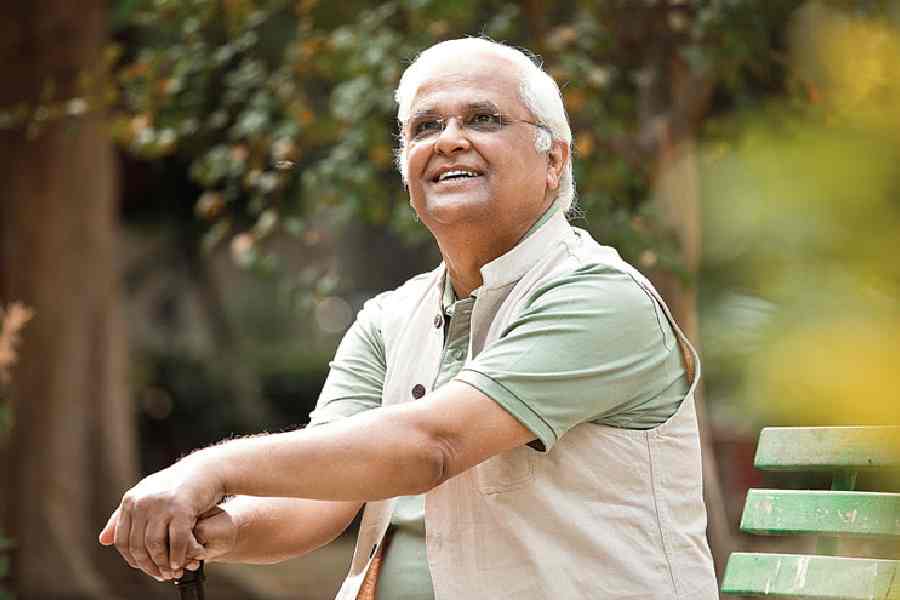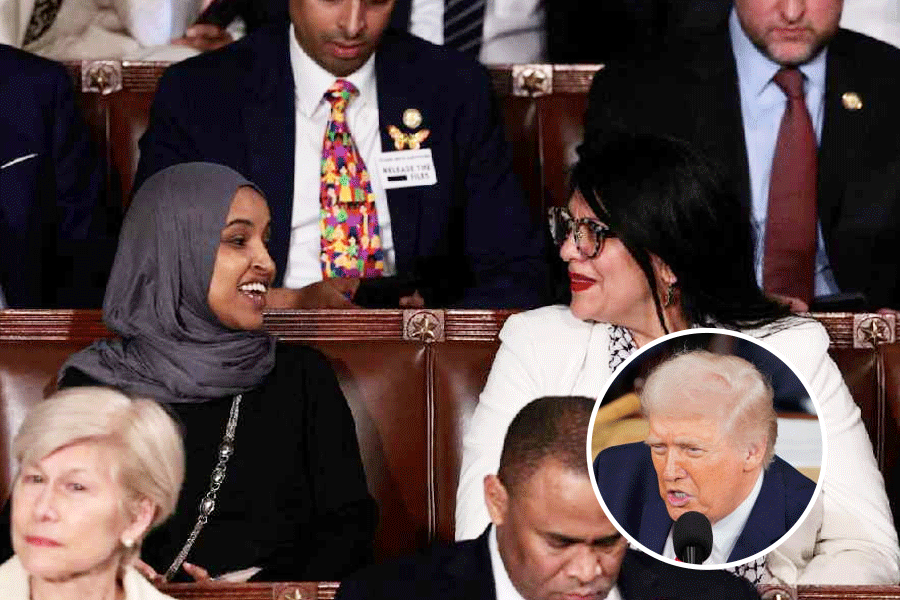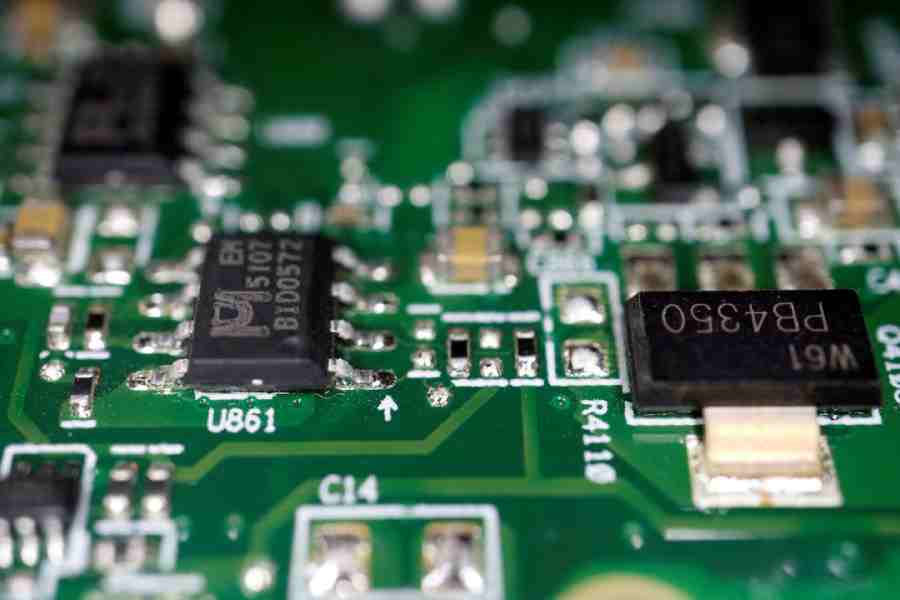Many moons ago, a child referred to me as ‘uncle’ while requesting me to return a ball he was too lazy to retrieve. I was 25 and in my prime. To me, I did not look old. But the child’s salutation brought home the fact that for the public, my age is relative to where they stand on the scale of time.
There are a number of ways of determining one’s age bracket. The most straightforward among them is from the birth date. Biological markers of age include greying hair, changing skin tone, and diminished physicality. There are mental, intellectual, and psychological ways of ascertaining age as well: forgetfulness, inability to stay up-to-date with modern appliances and mores, the desire to share accumulated knowledge and experience are all associated with ageing. Socio-economic indicators can reveal age too: senior corporate positions are usually held by the elderly.
Despite the numerous ways of determining a person’s age, there is a growing desire to conceal the natural process of ageing. Where does this desire come from? Is it a societal impulse — youth is associated with relevance? Is the reason professional — looking young suggests openness, a willingness to change as well as put in long hours? Or can it be attributed to narcissism and vanity?
Other questions
There are other, associative dilemmas. Is not the desire to look young a form of deception on the part of the ageing person? How does one balance the social capital of age and experience with the attempt to conceal one’s biological age? How does one reconcile an ageing body while the appearance suggests otherwise?
Today, parents looking as youthful as their children are admired. Is this admiration directed at the parents’ effort and discipline that go into looking young? Or is it suggestive of an unspoken compact between the admirer and the subject, with both agreeing to ignore the reality of ageing and its concealment behind a façade?
Moreover, where does — this is an important question — the conception of beauty fall amidst this chicanery?
The link between beauty and youth has an evolutionary dimension. What gets defined as beauty is linked to such aspects as health, fertility and vitality, elements that are at their zenith during a person’s youth. The desire to retain one’s youth and, by extension, one’s beauty may, then, be construed as an attempt to recapture that golden period of time.
Unsurprisingly, the beauty industry has stepped in to address the insecurities that come with growing old. Dyeing hair though is now passé, as is lightening one’s skin tone. This industry is now all about boosting one’s confidence and broadcasting one’s self-worth. It thus stands to reason that the term, ‘good looks’, is now accompanied by a prefix — youthful — to facilitate growth in the beauty market that now includes anti-ageing products. But the prioritisation of appearance comes with the potential of curious transformations. For instance, even though beauty may indeed lie in the eye of the beholder, appreciation of beauty must now be accompanied with circumspection given the tendency to touch up on one’s appearance.
The culture of anti-ageism may have its own compulsions. But the trend cannot deflect crucial questions. Is looking younger than one’s age suggestive of good health? Can the appearance of youthfulness help someone live life to the fullest given that the body would be an ageing entity?
The urgency to remain youthful — beautiful — can thus be attributed to a combination of factors such as insecurity, vanity, narcissism and societal pressure. Are these good enough reasons for one to attempt to turn back time?










